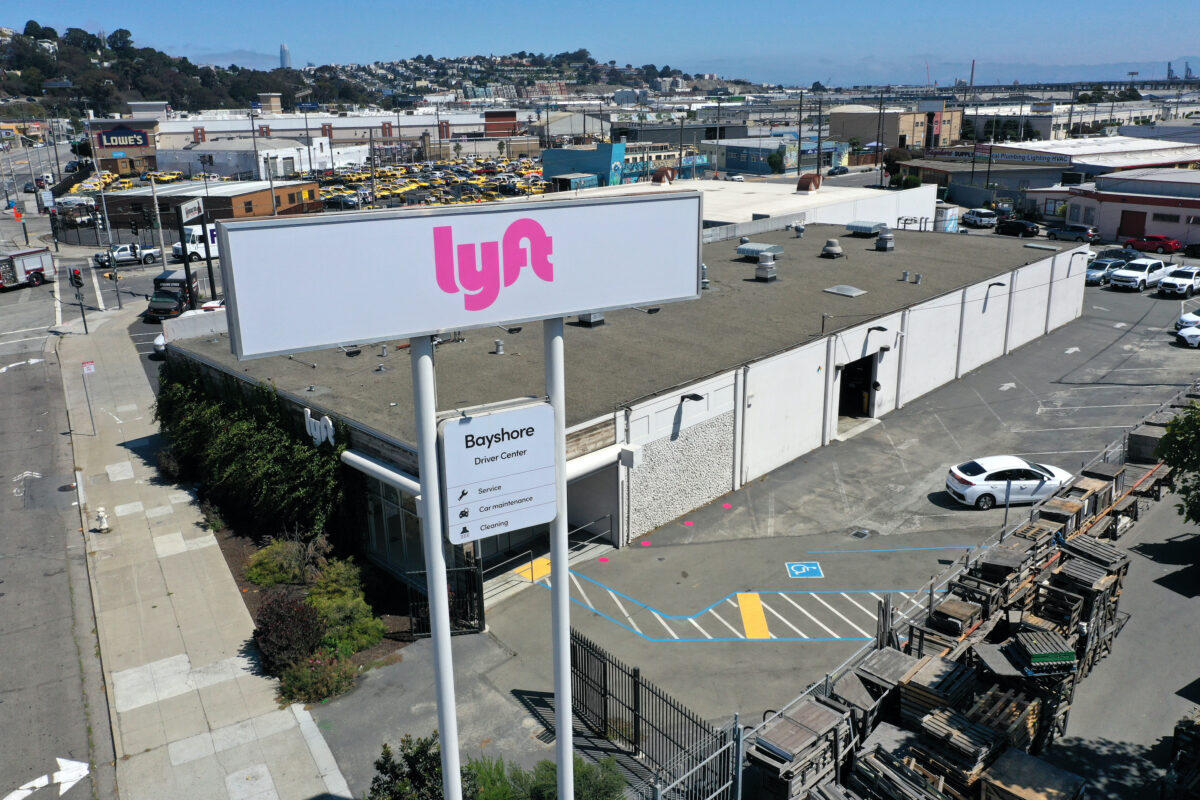Lyft has accused San Francisco of overcharging $100 million in taxes between 2019 and 2023, claiming the city miscalculated its gross receipts by including driver compensation as part of the company’s revenue.
The complaint, reported by Bloomberg, was filed last week in San Francisco Superior Court and seeks refunds for the alleged overpaid taxes, along with interest, penalties, and fees.
The ride-hailing giant, headquartered in San Francisco, argues its business model fundamentally differs from how the city calculates taxes. Lyft maintains that its drivers are independent contractors and not employees, a distinction upheld by California’s Proposition 22. As such, the company asserts that revenue earned by drivers should not be taxed as part of Lyft’s gross receipts. Instead, Lyft recognizes revenue from fees paid by drivers to use its platform, not the fares riders pay drivers.
Lyft described the city’s tax methodology as “distortive,” alleging it overstates the company’s taxable gross receipts. The lawsuit further notes that neither the U.S. Securities and Exchange Commission nor federal tax authorities classify driver income as part of Lyft’s revenue. This discrepancy, Lyft claims, violates the company’s constitutional rights by forcing it to pay unfairly inflated taxes.
In a statement, Lyft reiterated its commitment to serving San Francisco but challenged the city’s tax calculations. “We don’t take operating in San Francisco for granted and love serving both riders and drivers in our hometown city. However, we believe the city is incorrect in how it calculated our gross receipts tax,” the company said.
This legal battle highlights ongoing disputes about how gig economy companies like Lyft and Uber are taxed and how their drivers are classified. While Lyft’s lawsuit focuses on tax methodology, the broader controversy has drawn significant legal and public attention. Critics argue that such companies avoid providing employment benefits by classifying drivers as contractors. Lyft and similar firms, however, contend this model is integral to their operations.
San Francisco’s city attorney spokesperson, Jen Kwart, said the complaint will be reviewed, and a formal response will follow. The dispute adds to a growing list of tax-related legal battles involving major corporations. In 2022, General Motors settled a lawsuit with San Francisco over $108 million in back taxes related to the city’s methodology for tying tax bills to global revenue.










